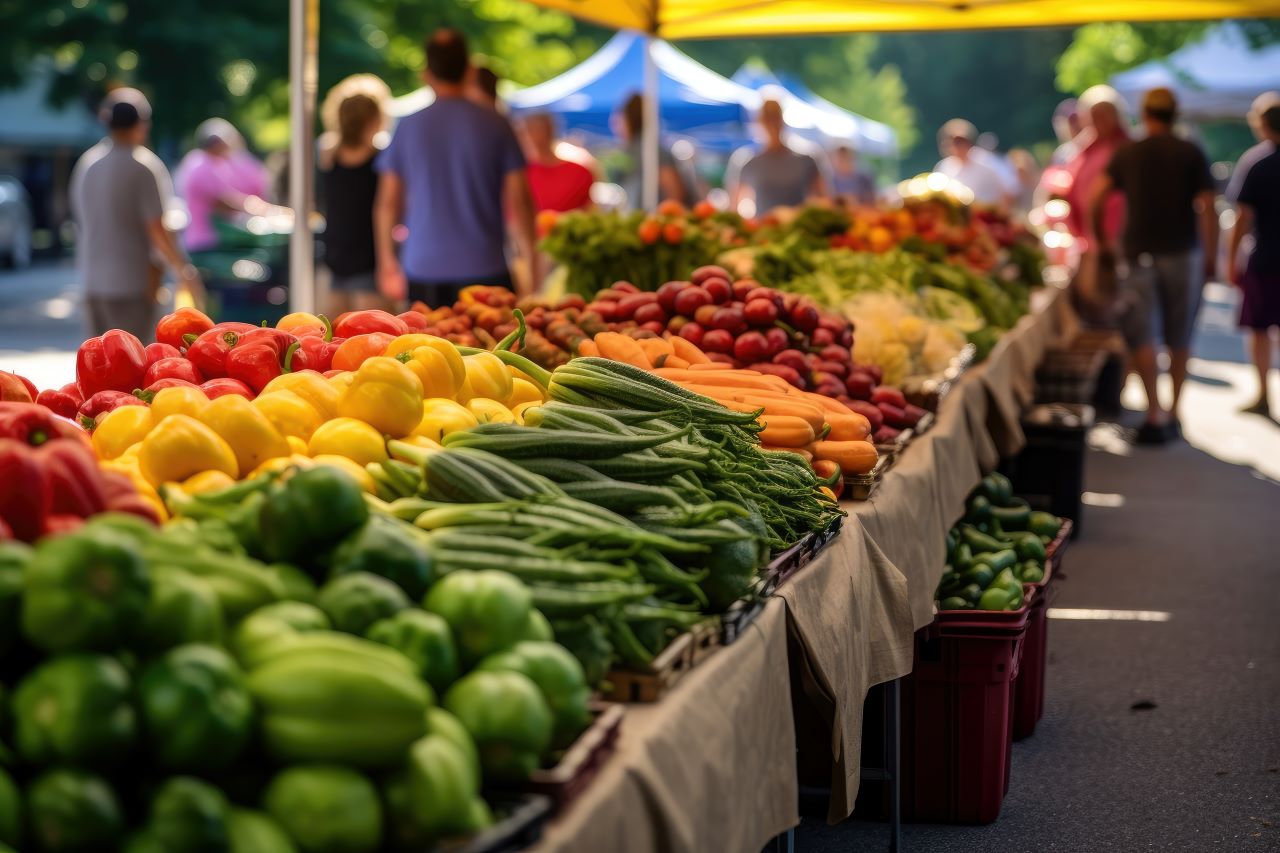World Milk Day 2024 Report – Celebrating Dairy’s Vital Role in Nutrition and Sustainability
This year, on June 1, we celebrated the vital role that dairy plays in delivering…

SOFA 2023 Report highlights the true cost of food to transform agrifood systems is around 10 trillion dollars. To address the stark challenges of the current agricultural landscape, the recently released SOFA 2023 report explains how to use the True Cost Accounting (TCA) to understand the true cost of food and enable better decision-making. The Report explains the concept of hidden environmental, health and social costs and benefits of agrifood systems assessed by a TCA approach. This analysis is being welcomed by many as the first time these costs have been aggregated down to the national level, ensuring they are comparable across cost categories and countries and can serve as a tool for governments to transform agrifood systems to address the climate, poverty, inequality and food security challenges.
Some of the key findings include an approximate that hidden costs amount to around 10 trillion, the majority of which are driven by unhealthy diets occurring mostly in higher income countries. The environmental hidden costs are mostly associated with greenhouse gas and nitrogen emissions and are relevant to all countries. Poverty and undernourishment in low-income countries needs to be addressed since the burden of the half of the quantified hidden costs of food fall on them.
Due to the relevance of the issue, for the first time in its 76-year history, FAO will dedicate two consecutive editions to the same topic. While this year’s Report provides a common language with which to explore the topic, the subsequent year promises to delve into the empirical application of the approach.
As we look forward to the SOFA 2024 report, many will begin to ask whether TCA could support more transparent and data-informed decision-making, or another tool out of reach to many countries due to the underlying and overlooked problem of agricultural data gaps.